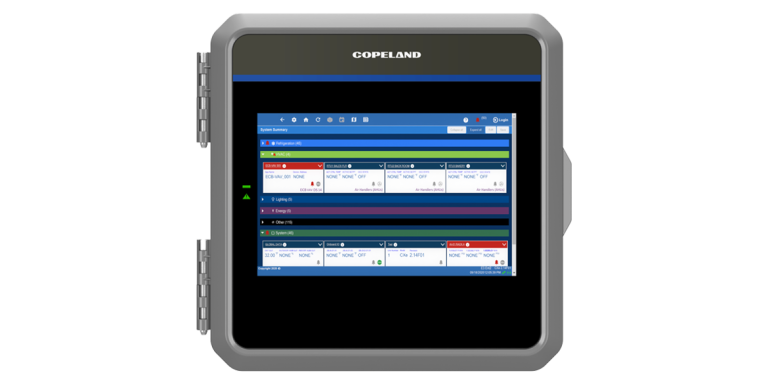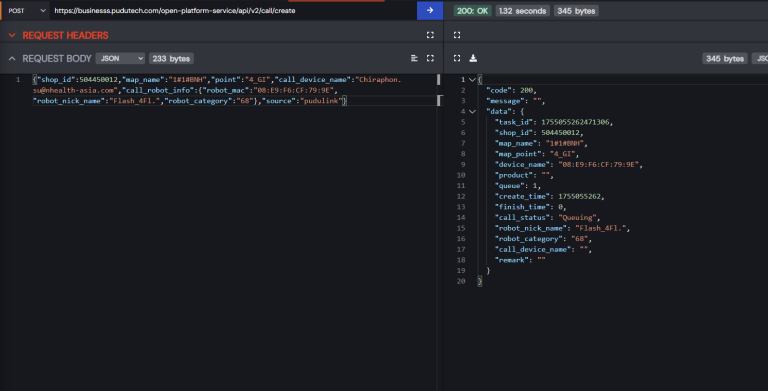
Google has released security updates for its Chrome browser to address a critical vulnerability for which an active exploit is already in circulation. The issue, tracked as CVE-2025-6554, is classified as a “Type Confusion” flaw within the V8 engine, which is responsible for executing JavaScript and WebAssembly.
According to the U.S. National Vulnerability Database (NVD), this flaw enabled remote attackers to gain arbitrary read and write access through a specially crafted HTML page. Type Confusion errors are particularly severe, as they can trigger unpredictable application behavior, potentially leading to remote code execution or system crashes.
The situation is especially concerning due to the nature of the flaw—it is a zero-day vulnerability, actively exploited before any patch was available. In such cases, attackers may silently deploy spyware, initiate drive-by downloads of malicious payloads, or execute harmful code on a victim’s device—sometimes triggered merely by opening a compromised website.
The vulnerability was discovered and reported on June 25, 2025, by a member of Google’s Threat Analysis Group (TAG), a team dedicated to investigating high-impact cyber threats, including phishing campaigns, zero-click exploits, and browser sandbox escapes. The involvement of TAG strongly suggests that the exploit may have been leveraged in targeted attacks, possibly linked to state-sponsored operations or commercial espionage.
Google noted that on June 26, it had already implemented a configuration-level mitigation, swiftly distributed via the stable update channel across all platforms. While the threat has not yet reached mass exploitation, prompt remediation remains critical—especially for individuals handling sensitive data or operating within mission-critical environments.
Details regarding the exploit’s mechanics or its threat actors remain undisclosed, though Google has confirmed the exploit is active and circulating in the wild.
CVE-2025-6554 marks the fourth zero-day vulnerability identified in Chrome in 2025, following previously addressed flaws tracked as CVE-2025-2783, CVE-2025-4664, and CVE-2025-5419.
To mitigate the risk of compromise, users are strongly advised to update Chrome to one of the following secure versions: 138.0.7204.96 or 138.0.7204.97 for Windows, 138.0.7204.92 or 138.0.7204.93 for macOS, and 138.0.7204.96 for Linux. Users can verify and update their browser via the “Help” section under “About Google Chrome,” where updates will initiate automatically if necessary.
Users of other Chromium-based browsers—such as Microsoft Edge, Brave, Yandex, Opera, and Vivaldi—are likewise encouraged to monitor for corresponding security patches and apply them without delay.






